Khandesh under the Great Mughals had not been a subject of an intensive research as other areas under the same rulers had been. This constitutes the main justification for the present study. The annexation of Khandesh in 1601 by Akbar was an event of great military and economic importance in the history of Mughal India. Khandesh provided a territorial link between the north and the south. The Mughals realised this; they made use of its resources to promote, preserve and protect the imperial interests. The region, in fact, assumed far greater importance under the Mughals than it had under the Faruqis. For a century and a quarter (1601-1724), Khandesh as a Mughal province played a vital role in the history of medieval Deccan. The terminal date for the study of the political history of Khandesh under the Great Mughals should be 1707, when Aurangzeb passed away, but the legacies of the Great Mughals in the socio-economic and cultural life on the people of Khandesh could be traced to 1724, when Asaf Jah began his rule. The legacies survived the end of the political domination of the area by the Great Mughals when their weak successors‘ hold on the region proved both ineffective and uncertain. Even the administrative structure of the region under the later Mughals (till 1724) remained much the same as under Aurangzeb. The study is drawn mainly on original and contemporary Persian sources, some of which are published and unpublished. Of these sources, Persian manuscripts, court chronicles, Persian tazkirahs, hagiological and epistolary work, Mughal documents, Persian biographical works and inscriptions, English Factory Records and accounts of European travelers, commentaries on original Persian sources, Marathi documents, archaeological reports and numismatic journals have been consulted. Secondary sources, too, have been utilized as they both complement and supplement the information gleaned from original source materials.
Plain Tales from the Hills
$17.10
$19.00

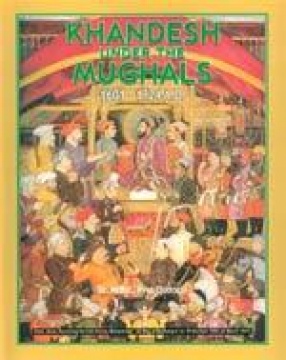

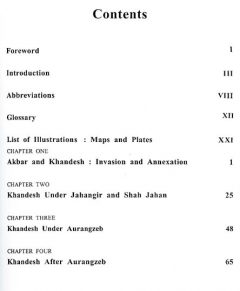
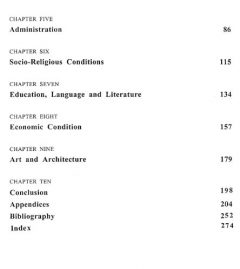
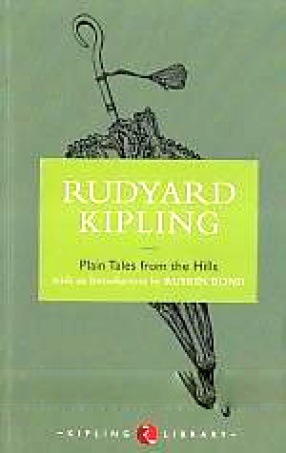
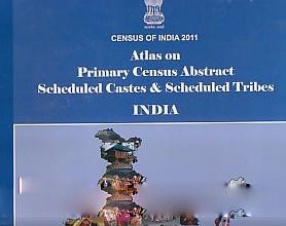

There are no reviews yet.